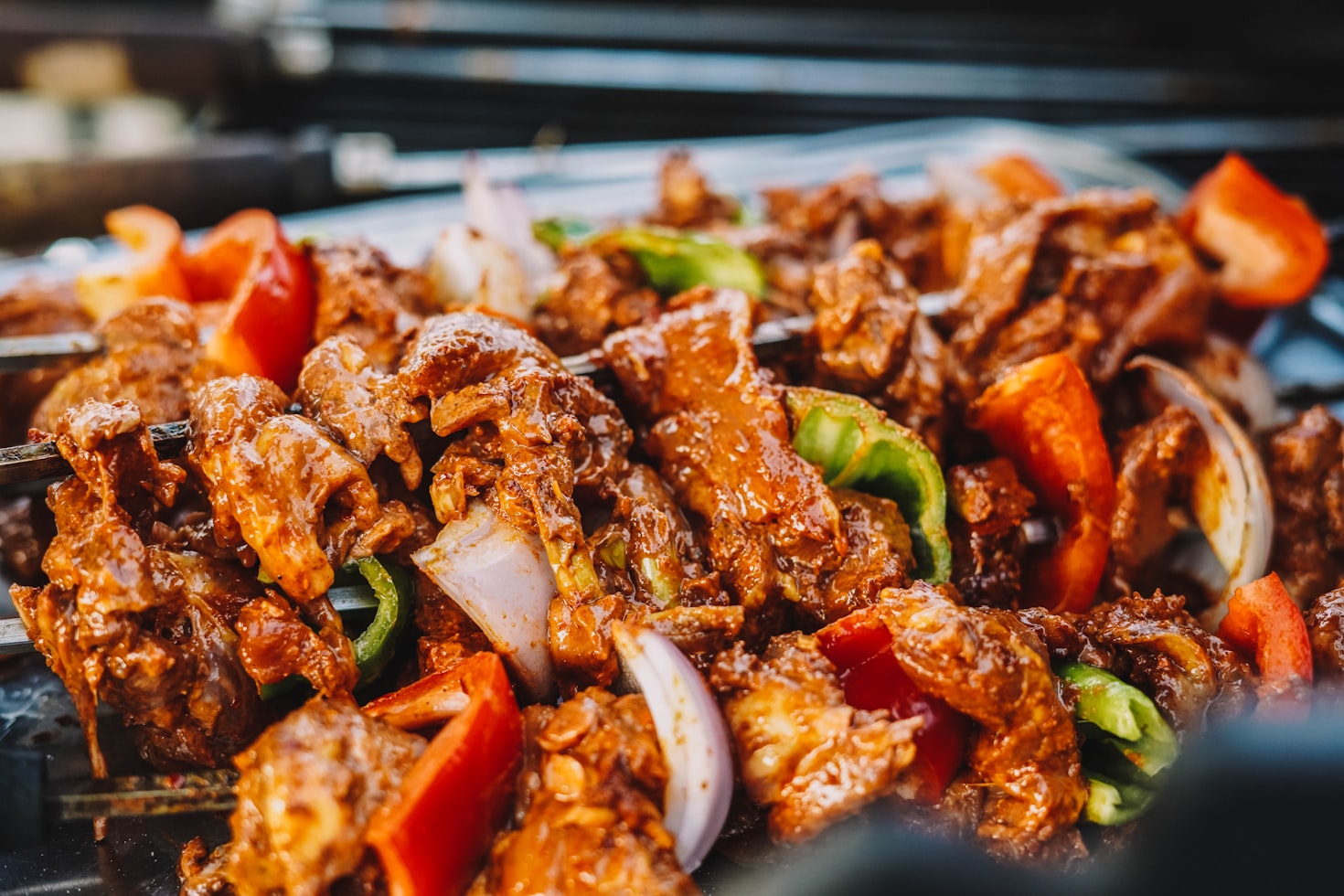How Often Should You Take a Break from Keto?
Following a ketogenic diet has gained popularity in recent years due to its potential benefits for weight loss, improved mental clarity, and increased energy levels. However, like any dietary approach, it is essential to consider the long-term sustainability and potential drawbacks. One question that often arises is how often one should take a break from the keto diet. In this article, we will explore the concept of taking breaks from keto, the potential benefits and drawbacks, and provide insights to help you make an informed decision.
The Basics of the Ketogenic Diet
Before diving into the topic of taking breaks from keto, let’s briefly review the basics of the ketogenic diet. The ketogenic diet is a low-carbohydrate, high-fat diet that aims to shift the body into a state of ketosis. In this state, the body primarily uses fat for fuel instead of carbohydrates. By drastically reducing carbohydrate intake and increasing fat consumption, the body starts producing ketones, which are molecules that serve as an alternative energy source.
Typically, a standard ketogenic diet consists of consuming 70-75% of calories from fat, 20-25% from protein, and only 5-10% from carbohydrates. This macronutrient distribution forces the body to enter ketosis and rely on fat for energy.
The Benefits of the Ketogenic Diet
The ketogenic diet has gained popularity due to its potential benefits, including:
- Weight loss: The ketogenic diet can be effective for weight loss due to its ability to suppress appetite and promote fat burning.
- Improved mental clarity: Some individuals report increased mental focus and clarity while following a ketogenic diet.
- Stable energy levels: By relying on fat for fuel, the body can maintain stable energy levels throughout the day.
- Reduced inflammation: The ketogenic diet may help reduce inflammation in the body, which is associated with various chronic diseases.
The Potential Drawbacks of the Ketogenic Diet
While the ketogenic diet has its benefits, it is important to consider the potential drawbacks as well:
- Nutrient deficiencies: Since the diet restricts many food groups, it can be challenging to obtain all the necessary nutrients, such as fiber, vitamins, and minerals.
- Adherence difficulties: The strict nature of the ketogenic diet can make it challenging to follow in social situations or when dining out.
- Keto flu: Some individuals may experience flu-like symptoms, such as fatigue, headaches, and irritability, during the initial transition into ketosis.
- Long-term sustainability: The ketogenic diet may not be sustainable for everyone in the long run, leading to potential weight regain or difficulty maintaining the diet.
Taking Breaks from Keto: The Pros and Cons
Now that we have covered the basics of the ketogenic diet and its potential benefits and drawbacks, let’s explore the concept of taking breaks from keto. Taking a break from the ketogenic diet involves temporarily increasing carbohydrate intake while reducing fat consumption. This break allows the body to replenish glycogen stores and may provide psychological relief from the strict dietary restrictions.
Here are some potential pros and cons of taking breaks from keto:
Pros:
- Improved dietary flexibility: Taking breaks from keto allows for more dietary flexibility, making it easier to enjoy social events or special occasions without strict restrictions.
- Psychological relief: Following a strict diet can be mentally challenging for some individuals. Taking a break can provide psychological relief and reduce feelings of deprivation.
- Metabolic flexibility: By periodically reintroducing carbohydrates, the body can maintain metabolic flexibility and adaptability, potentially improving long-term sustainability.
Cons:
- Disruption of ketosis: Taking a break from keto will disrupt the state of ketosis, which may result in a temporary decrease in fat burning and energy levels.
- Potential weight regain: Increasing carbohydrate intake during a break may lead to water retention and temporary weight gain. However, this weight gain is typically not fat gain and can be lost once returning to ketosis.
- Difficulty transitioning back: Some individuals may find it challenging to transition back into ketosis after a break, experiencing symptoms similar to the initial keto flu.
How Often Should You Take a Break from Keto?
The frequency of taking breaks from keto depends on individual goals, preferences, and overall health. There is no one-size-fits-all answer, but here are some factors to consider:
1. Personal goals:
If your primary goal is weight loss, taking frequent breaks from keto may slow down progress. On the other hand, if you prioritize dietary flexibility and long-term sustainability, occasional breaks may be beneficial.
2. Metabolic health:
Individuals with underlying metabolic conditions, such as insulin resistance or diabetes, may need to be more cautious when taking breaks from keto. Consulting with a healthcare professional is recommended in such cases.
3. Physical activity level:
If you engage in intense physical activity or endurance training, taking breaks from keto may be more beneficial. Carbohydrates are the body’s preferred fuel source for high-intensity exercise, and reintroducing them during breaks can support performance.
4. Individual tolerance:
Some individuals may find it easier to transition in and out of ketosis, while others may experience more difficulties. Pay attention to your body’s response and adjust accordingly.
Frequently Asked Questions (FAQ)
1. Can taking breaks from keto lead to weight regain?
While taking breaks from keto may result in temporary weight gain due to water retention, it is typically not fat gain. Once you return to ketosis, the temporary weight gain should subside.
2. How long should a break from keto last?
The duration of a break from keto can vary depending on individual preferences. Some individuals may opt for a single meal or day, while others may take a longer break, such as a week. Experimentation and listening to your body’s response can help determine the ideal duration for you.
3. Will taking breaks from keto affect my energy levels?
During a break from keto, your body will shift back to using carbohydrates as the primary fuel source. This may result in a temporary decrease in energy levels until your body adapts to the change. However, energy levels should stabilize once you return to ketosis.
4. Can taking breaks from keto affect my mental clarity?
Some individuals report a decrease in mental clarity during breaks from keto, as the brain






